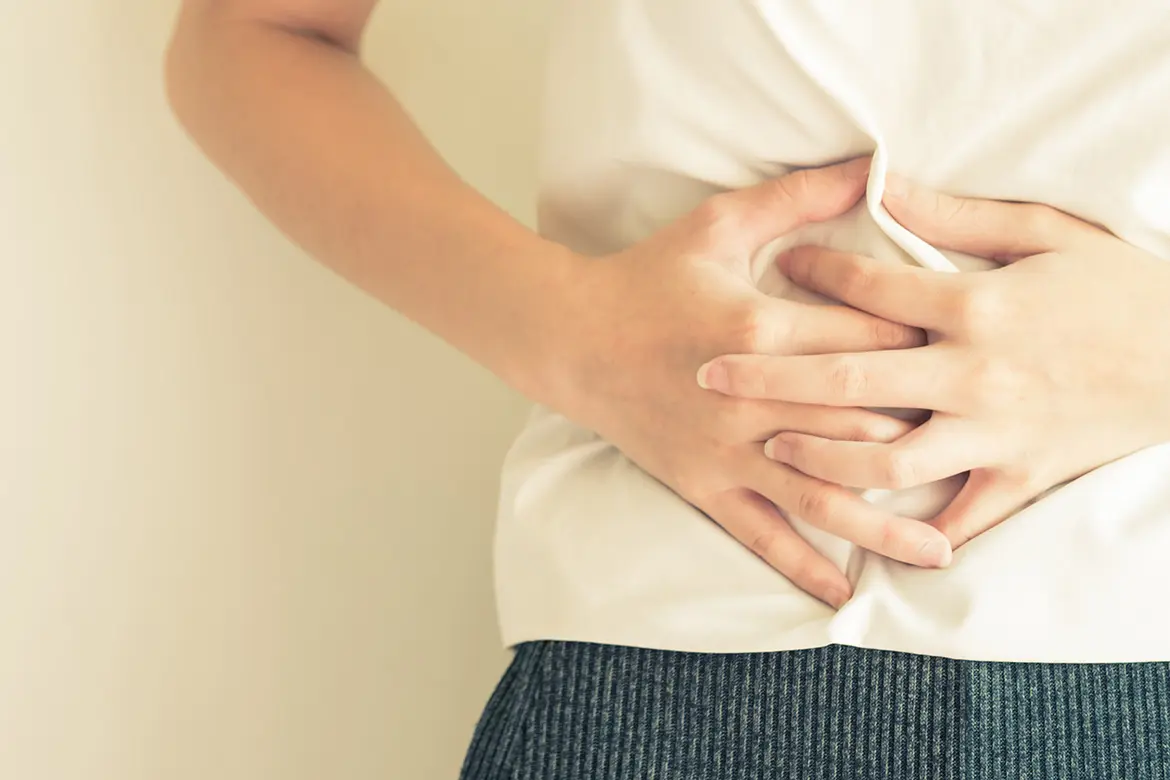Dr Thia Teck Joo Kelvin
Gastroenterologist


Source: Shutterstock
Gastroenterologist
In most cases, people get better within a day or two – but in some cases, depending on its cause, delayed diagnosis and treatment can lead to severe health consequences.
Food poisoning, otherwise known as gastroenteritis, is an illness caused by consuming contaminated food. It is usually not life-threatening and most people get better within a few days without medical treatment. This could be food contaminated by bacteria such as salmonella or Escherichia coli (E. coli), viruses such as the norovirus or parasites.
The food production chain involves several steps including, production, processing, distribution and preparation. Contamination of food can occur at any point along this process. Here are some examples of contamination at these different stages:
Here are 5 bacteria commonly responsible for causing food poisoning, and the food they can be found in.
There are hundreds of different types of salmonella and not all of them are harmful to humans.
Salmonella bacteria thrive in:
Campylobacter is the most common identified cause of food-borne disease. Although it doesn't grow in food, it spreads easily so a few bacteria in a piece of undercooked chicken could cause illness.
Campylobacter bacteria thrive in:
coli is the name of a type of bacteria that lives in your intestines and in the intestines of animals. Although most types of E. coli are harmless, some types can make you sick.
coli bacteria thrive in:
Listeria is a bacteria present in most animals and humans. The bacteria is normally not harmful if its host is healthy. These bacteria are cold-tolerant, although growth is slow below 5°C. When eaten, it colonises the gut and then spreads to other parts of the body.
Listeria bacteria thrive in:
Shortened as C. perfringens, the infection happens most often in foods that are prepared in large quantities and then kept warm for a long time before serving. Thorough cooking may kill the bacteria but not necessarily the spores that can grow into new cells. If cooked food is not served promptly, the spores may develop into new cells.
Symptoms of food poisoning vary according to the source of infection. First symptoms may appear as soon as 1 hour or as long as 28 days after consumption of contaminated food. Common cases of food poisoning will typically include at least three of the following symptoms:
If we are healthy, our immune systems can deal with small numbers of bacteria and viruses. At higher levels, they can make us quite sick. Most cases of food poisoning are mild and the symptoms clear up in a few days. During this period of recovery, the goal is to prevent dehydration. Drink lots of liquids, but avoid milk and caffeinated beverages.
If you developed the symptoms after returning from a trip, you should consider seeing a doctor, as the cause of the food poisoning might be a bacterial infection, which is more commonly related to travel.
Although most food poisoning cases are mild, some can be serious and life-threatening. See your doctor immediately if you have:
Those who are vulnerable, such as pregnant women, the elderly or people with poor immune systems can get very ill from food poisoning. Some cases may even be life-threatening. If you experience any of these symptoms, belong to the above-mentioned vulnerable groups, or have other serious underlying medical problems, you should contact your doctor immediately.